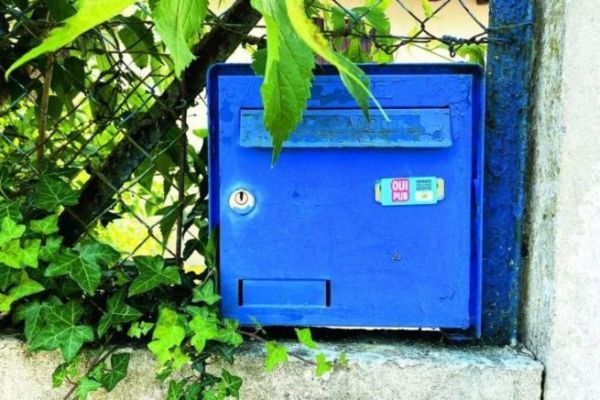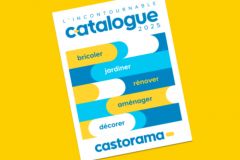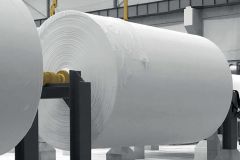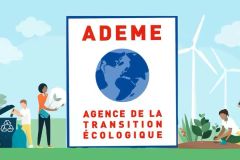The "Oui Pub" system, tested since May 2022 in fourteen pilot areas, marks a significant step forward in the fight against unwanted advertising. Reversing the logic of "Stop Pub", it prohibits the distribution of unaddressed advertising leaflets unless a "Oui Pub" sticker is affixed to letterboxes. The initial results of this experiment, which will run until April 2025, reveal major impacts on paper consumption and waste volumes, but also raise questions about the environmental and economic effects of this transition.
The main aim of the scheme is clear: to reduce paper waste. Figures from the pilot areas show encouraging results. For example, paper waste collection has dropped significantly, with reductions ranging from 20% to 70% depending on the area, for an overall average of 48%. At the same time, the proportion of printed advertising in waste has been halved, from an initial range of between 17% and 40% to a reduced range of between 5% and 19%.
A similar trend can be observed at national level. Between 2013 and 2023, the total volume of printed advertising fell from 900,000 tonnes to around 400,000 tonnes, a 55% drop in ten years. These results testify to the effectiveness of the experiment, although part of this reduction can be attributed to other factors, such as rising paper costs or the impact of the health crisis
Despite these positive results, uptake of the scheme by residents in the pilot areas remains limited. The "Oui Pub" sticker affixation rate is low, ranging from 0.33% in Bordeaux to 18.42% in Dunkirk, with an overall average of around 7%. One of the reasons for this low rate is a lack of information about the scheme. Local communication campaigns, although present, have not always been effective in reaching all the residents concerned.
However, the surveys conducted show general support for the scheme. Some 63% of respondents were in favor of a nationwide roll-out of "Oui Pub", while 89% of pilot local authorities felt that the scheme should be made permanent. The majority of residents appreciate this approach, which reduces waste while respecting their choice of whether or not to receive leaflets.
The decline in advertising leaflets is having a major economic impact, particularly on the paper industry and related trades. Printers, distributors and papermakers are directly affected by the drop in demand. This decline is leading to loss of business, company closures and job cuts. Some small businesses, particularly in rural and suburban areas, are struggling to compensate for this transition, as they still rely heavily on leaflets to attract customers.
For companies such as Mediaposte and Milee, the reduction in printed advertising has led to restructuring and, in some cases, closure. The report also points out that this transition is part of an underlying trend that began long before the "Oui Pub" experiment, with a general decline in the use of paper due to rising costs and the switch to digital. Read more : Point of view / Liquidation of Milee (ex-Adrexo): when the legislative framework seals the fate of a sector in crisis
The ADEME report also highlights the environmental issues involved in switching from paper to digital advertising. While this transition reduces paper consumption, it also generates other environmental impacts. Digital campaigns increase CO2 emissions, mainly due to the manufacture and use of electronic devices, as well as the infrastructure required for digital operations, such as servers and data centers.
This makes it difficult to draw clear conclusions about the ecological superiority of one medium over another. The report recommends a sober approach, encouraging advertisers to reduce their campaigns and favor eco-design, whatever the medium used.







